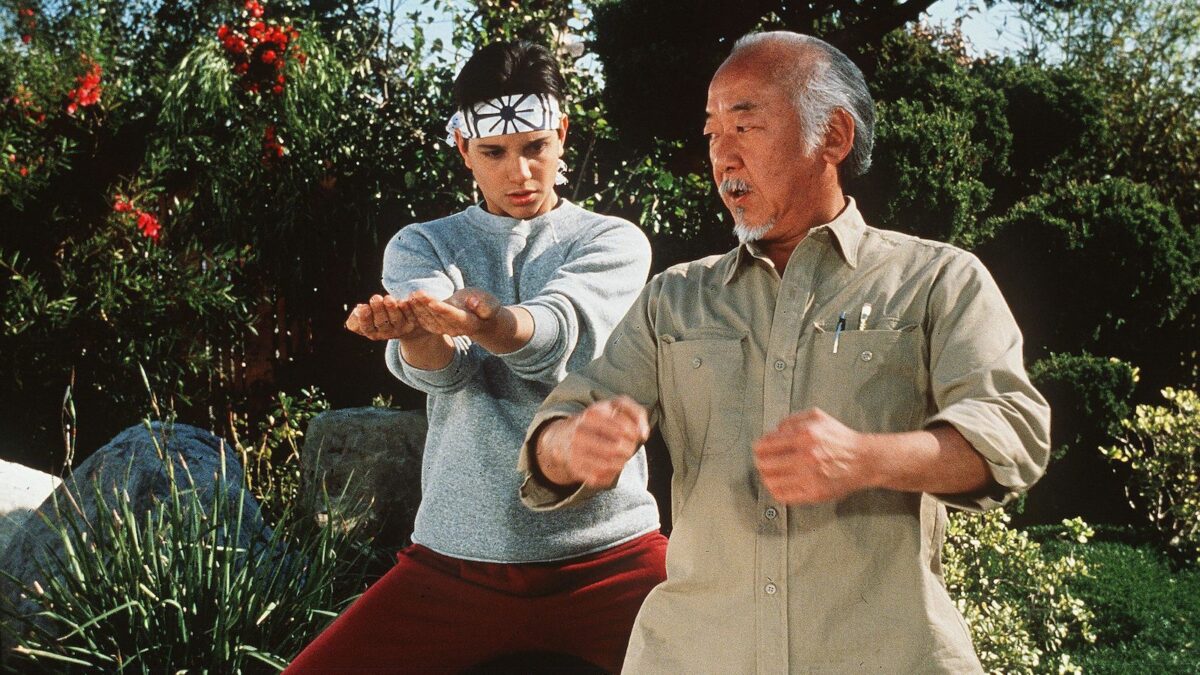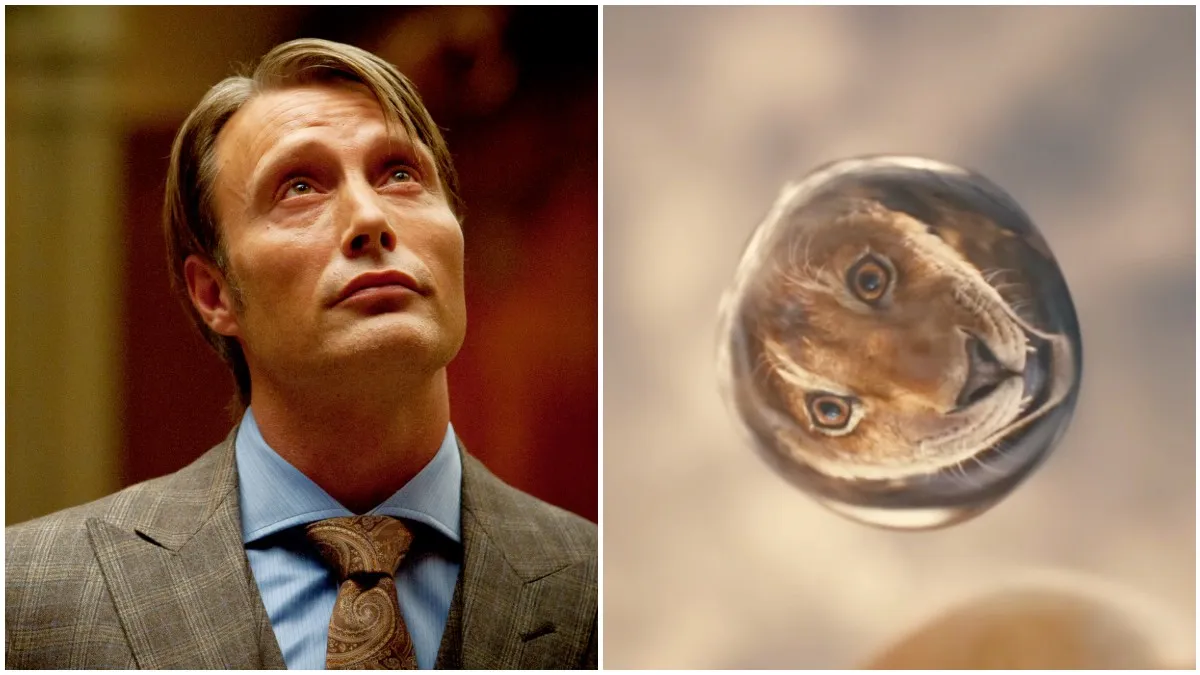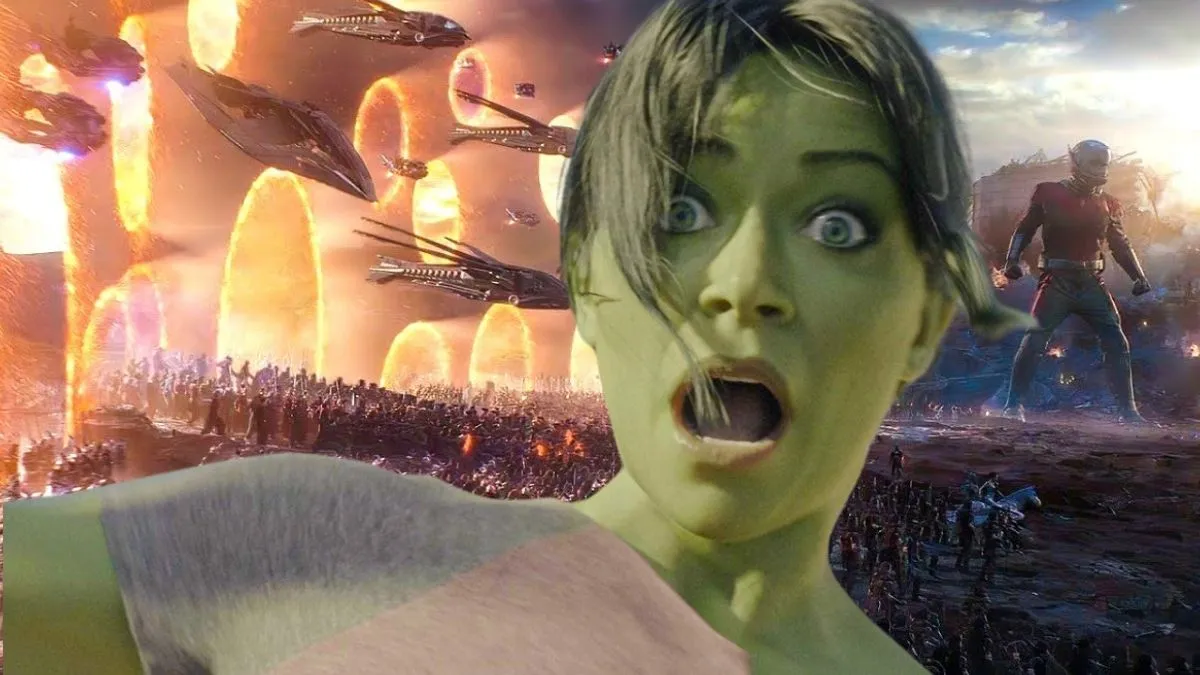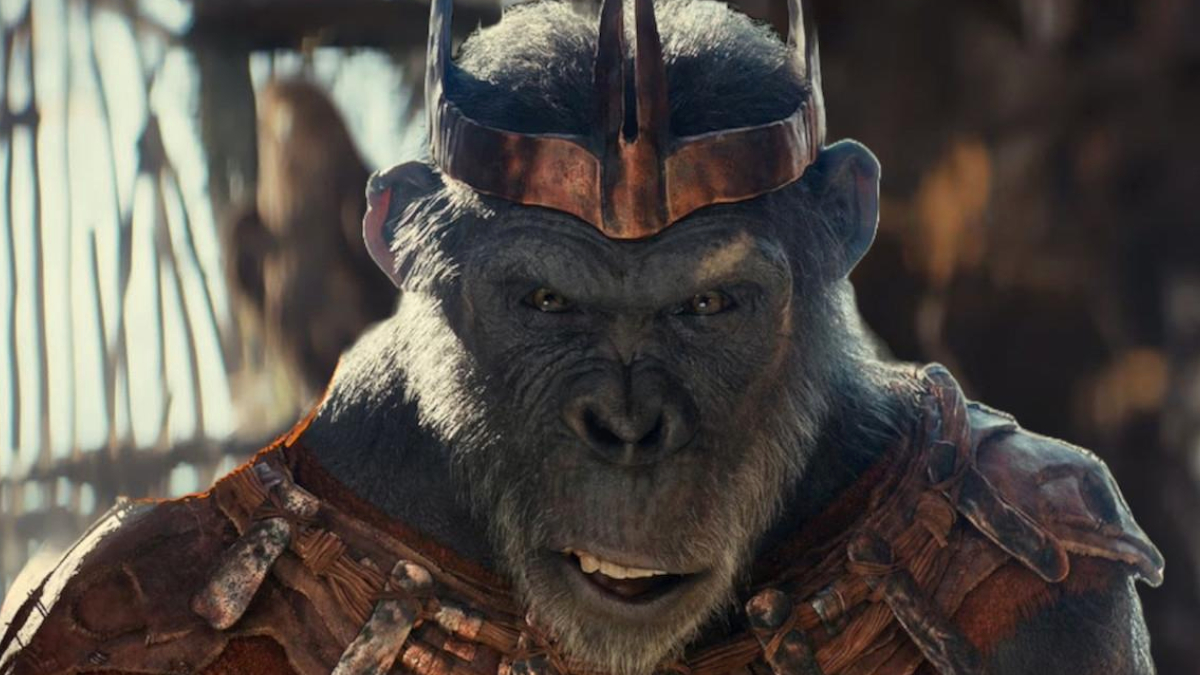
There’s something subliminally wicked about the way director Garry Marshall is meticulously smashing our national holidays to pieces, one ensemble romcom at a time. First, it was the supremely boring Valentine’s Day; then, the slapped-together, time-wasting New Year’s Eve.
Now, Marshall casts his hammer down on Mother’s Day with (you guessed it) Mother’s Day, yet another epic waste of time, money, and perfectly good onscreen talent. It follows the same format of the previous films in Marshall’s diabolical holiday series and, as a result, inherits the same litany of disastrous problems that plagued its predecessors. There may be too many issues to mention here, but the most pervading one is the movie’s lack of any real laughs. The jokes are broad, lazy, and speak to a section of the country that still finds the notion of treating gays and minorities equals “edgy.”
The characters’ lives are too charmed to be funny. Take Jennifer Aniston’s Sandy, who’s struggling with the fact that her ex-husband, Henry (Timothy Olyphant), has remarried a much younger woman (Shay Mitchell) out of the blue. What’s worse, she and Henry’s two sons actually get along great with their new stepmom. There’s inherent, anxious humor built into the scenario, and Aniston’s good at playing a neurotic mess, but it’s hard to sympathize with a sulking woman when she lives in a gigantic, soft-colored house in the suburbs and spends her time not working, but doing whatever the hell suits her fancy at the time (lots of jogging and casual shopping).
As if that weren’t flavorless enough, Sandy’s surrounded by a slew of cookie-cutter cultural stereotypes meant to introduce ignorant people to the “wild world” of gayness and colored people. Her friend Jesse (Kate Hudson) is married to a clean-cut Indian-American man (Aasif Mandvi), and Jesse’s sister, Gabi (Sarah Clarke), is a lesbian married to her partner, Max (Cameron Esposito). They each hide their spouses from their parents (Margo Martindale and Robert Pine), who are dated caricatures of racist, homophobic, gun-toting ‘Muricans. Strangely, the ignorant parents seem intended to be the audience’s proxy. Scary.
The most relatable performance comes from Jason Sudeikis, who plays a recent widower struggling to connect with his two daughters in the wake of their mother’s death. It’s an interesting dichotomy: the girls face their grief head-on, tearfully, while he tries desperately to run from the reality that she’s gone forever. These aren’t the most original themes or ideas, but Sudeikis feels genuine and warm, which goes a long way.
Then there’s stand-up comedian Zack (Jack Whitehall), who for years has been asking his girlfriend and mother of his baby, Kristin (Britt Robertson), to be his wife. Her cold feet can be attributed to abandonment issues stemming from her biological mother who, as luck (or crazy rom-com logic) would have it, turns out to be mega-entrepreneur and HSN superstar Miranda (Julia Roberts, teeth as sparkly as ever), whose life has been empty for quite some time despite the fame and fortune she’s amassed.
As a narrative necessity, it’s sometimes acceptable to put serendipity on steroids, organizing a story so that every single goddamn character is connected in some way, somehow. It can work, just as long as the emotional and thematic threads are strong enough to support the absurdity of it all. Tragically, for the millions of sons and daughters who will subject their poor mothers to this awful movie this weekend, Marshall and his screenwriters push the boundaries of logic way too far and don’t give us any real drama or comedy to justify their transgressions in rationale.
The story’s full of life lessons arrived at via the most predictable path possible, cloying meet-cutes, terrible slapstick comedy and some clichéd one-liners (watching an actor as great as Martindale fight such inferior dialogue is like torture), but these are all things we shouldn’t be surprised to find in a production as shallow and unabashedly one-dimensional as this.
What is surprising, however, is how ironically racist the movie is considering its ostensibly earnest attempt at spreading a message of acceptance. There are lots of minorities in Mother’s Day, but they either exist on the periphery or in the literal background, as an extra. It’s almost insulting how many people of color the filmmakers shove behind the main actors in an attempt to make the film feel “diverse.” You know what would be really diverse and inclusive? Allowing us to view the story from a minority’s perspective instead of parading them around to be considered exclusively from a white person’s point of view.






